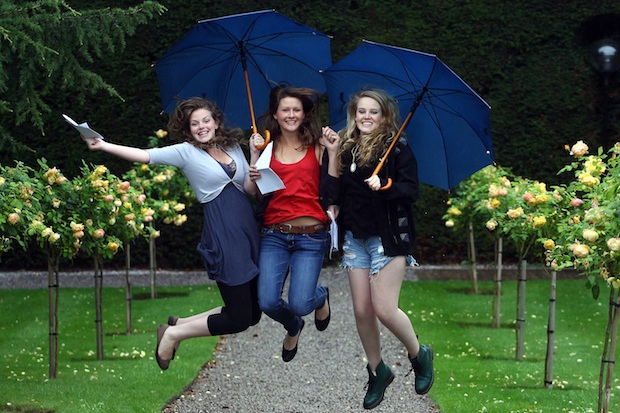This September’s sixth-form students are the first to start courses involving the new A-levels. New A-levels are not ‘modular’. Each involves taking several exam papers, but they must be done all together, at the end of the course. New A-levels have same A*–E pass marks, but exams will include a wider range of question types, and course work will be examined only if it is essential. Another major change is that AS exams will continue as a stand-alone qualification, but will not count towards new A-level marks.
New A-levels are arriving in stages — this September for English, economics, biology, chemistry, physics, psychology, art and design, history, sociology, business and computer science, then 2016 for subjects including geography, maths, and languages, with the final ones in 2017. Here are some of the implications for students and teachers:
• It won’t be possible to do some A-level papers at the end of lower sixth and then focus on the rest in the second year: students will need to know everything in depth for their final exams. New A-levels thus pose a much tougher revision task.
• It won’t be possible to improve a grade through re-sitting a module: the whole exam must be retaken.
• Teaching the new A-levels won’t be straightforward either. Although there is some new content in most subjects, the big challenge is how to prepare students for an all-or-nothing exam on two years’ work. Most teachers never faced such big end-of-course exams themselves.
• Advisers will be feeling their way too, as they help students choose their programme: whether, for instance, to take extra courses — a fourth subject at AS-level or the Extended Project Qualification — or to play it safe and stick to three A-levels.
• The new AS specifications have been designed to be taught alongside the first year of A-levels, and schools will be tempted to use them to encourage lower-sixth students to work harder and as a prediction of A-level grades. Will students bother to take them now that they don’t count towards the final A-level grade? Top universities have said that they don’t require students to have AS qualifications, but if a student has AS results, they must be declared.
• This year’s students may end up with courses containing a mixture of ‘new’ A-levels and ‘old’ ones. Keeping on top of such hybrid programmes will pose yet another challenge for the class of 2015.
James Wardrobe
Council for Independent Education (CIFE)






Comments